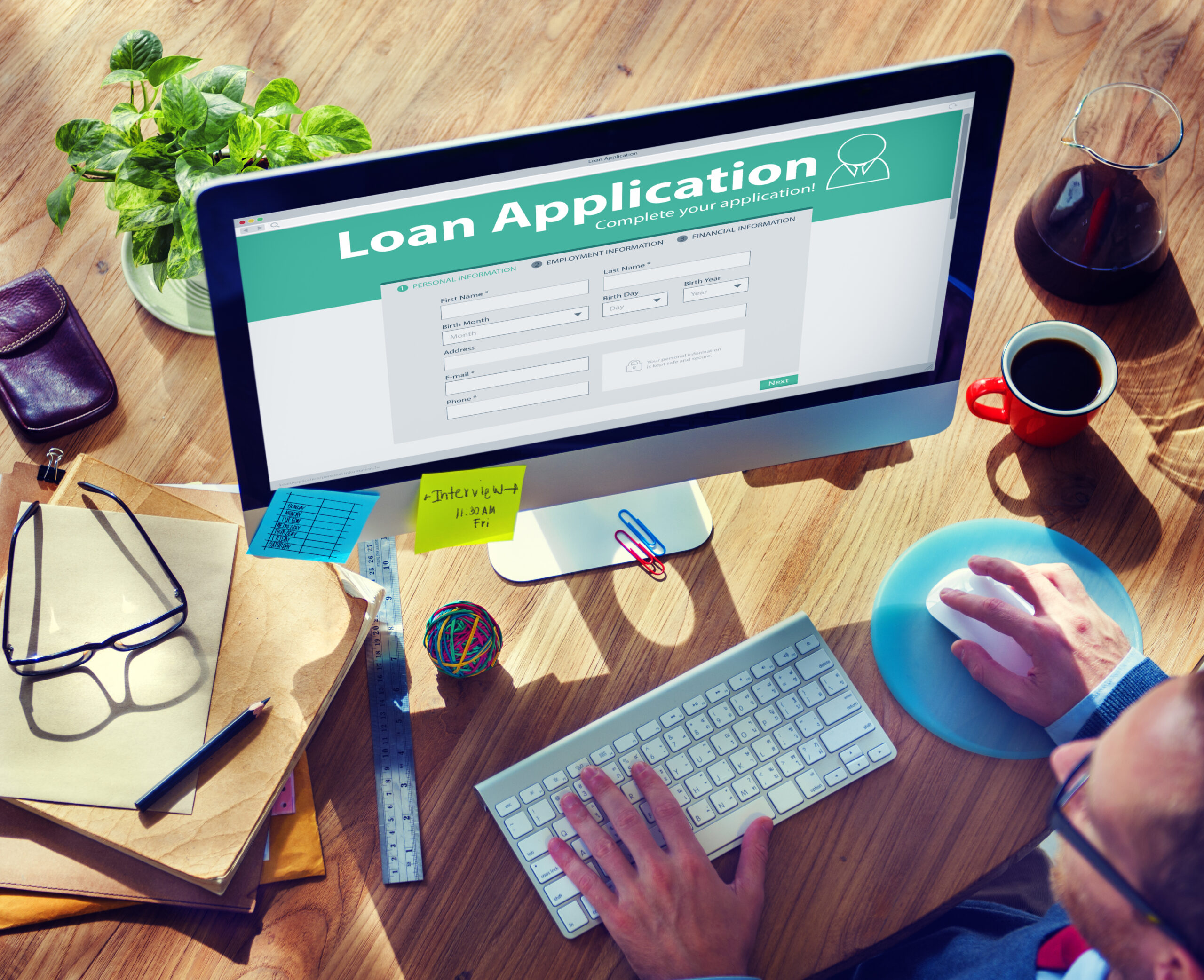Is it possible to get a home loan if I meet certain qualifications? Your home must have equity. If you are applying for a loan, lenders will look for several factors—adequate income, a high credit score, an on-time payment history.
What actions can you take?
Home improvements can be made with this money, but that is not your only option. The loan can be used for other things as well, such as major expenses and debt consolidation.
A home equity mortgage often comes with lower interest rates than credit cards and other unsecured loans. Collateral can be used for a primary residence that you own.
Homes such as single-family homes, condominiums, townhomes, and planned units are included in this type.
What are you unable to do?
The amount that you can borrow cannot exceed the value of your home. It is actually generally required that your home equity loan and mortgage balance total less than 90 percent of the value of your home.
You must remember that your home is used as collateral for the loan. Don’t borrow more than you can afford, and make sure the loan terms fit your budget. Discover Personal Banking Specialists are ready to answer all your questions to guide you through your financial life.
Advantages
Borrowers who are responsible can take advantage of home equity loans to acquire cash quickly and easily. Low rates of interest and possible tax deductions make home equity loans a sensible choice if you have a steady and reliable income and know that you can repay the loan.
Almost all consumers can qualify for home equity loans since they are secured loans. To determine your creditworthiness and loan-to-value ratio, your lender conducts a credit check and a home appraisal.
Even though the interest rates on home equity loans are higher than credit cards, they are lower than first mortgages. Home equity loans are often obtained to pay off credit card debt because consumers commonly borrow against their home’s value.
As long as you know exactly the amount you need to borrow and what you plan to use it for, home equity loans are usually a good option. Upon closing, you will receive a guaranteed amount in full.
The benefits of personal loans are that they allow for the receipt of huge lump sums of money and can be used for larger, more expensive goals, such as remodeling or paying for higher education.
Disadvantages.
With overdraft protection, you can put a stop to the debt-serious process of borrowing. You can also keep home equity loans for a few years to help you get out of debt.
It is an extremely common scenario among lenders that they have a term for it: “reloading,” which is the act of taking out a loan for the purpose of paying off credit card debt or opening up new credit cards.
Reloading causes borrowers to accumulate debt, leading many of them to turn to home equity loans offering amounts worth 125% of their equity. Since the borrowers usually borrow more than the value of the property, this kind of loan often has higher fees. Furthermore, interest paid up to the worth of the home is never deductible.

